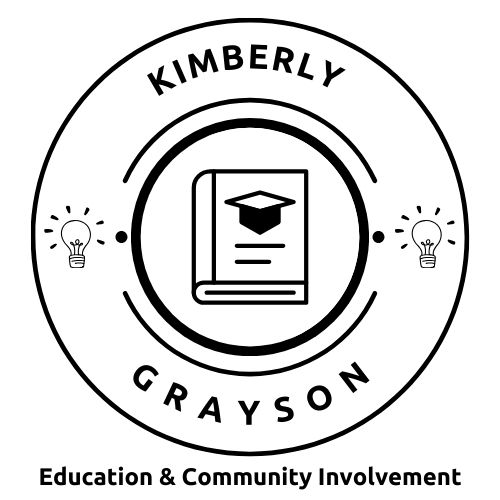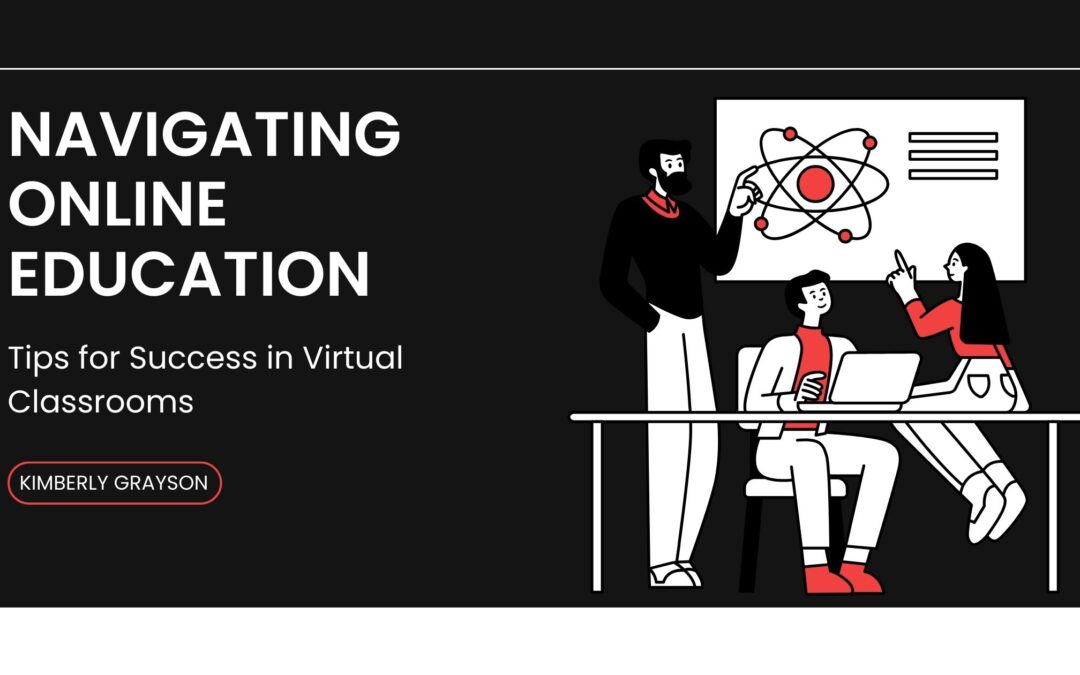Online learning has become increasingly prevalent as technology continues to reshape the education landscape. Whether you’re a student transitioning to virtual classrooms or an educator adapting to remote teaching, navigating online education comes with challenges and opportunities. This blog will explore practical tips for success in virtual classrooms, helping students and educators make the most of their online learning experiences.
Establish a Dedicated Learning Environment
Creating a designated space for learning can help minimize distractions and promote focus during online classes. Whether it’s a quiet corner of your home or a makeshift study area, ensure your learning environment is comfortable, well-lit, and free from distractions. Set boundaries with family members or roommates to minimize interruptions and establish a routine that mirrors a traditional classroom setting.
Master the Technology
Familiarize yourself with the online learning platform and any software or tools required for your classes. Practice navigating the platform, accessing course materials, and participating in virtual discussions or activities. If you encounter technical difficulties, don’t hesitate to contact your instructor or the IT support team for assistance. Additionally, ensure that your internet connection is reliable and that you can access necessary devices such as a computer, tablet, or smartphone.
Stay Organized and Manage Your Time Effectively
Effective time management is crucial for success in online education. Create a schedule that outlines your class times, study sessions, and assignment deadlines. Break larger tasks into smaller, manageable chunks, and prioritize your workload accordingly. Utilize digital tools such as calendars, to-do lists, and task management apps to stay organized and track your progress. Set aside dedicated time each day for studying, attending virtual classes, and completing assignments.
Actively Engage in Virtual Classrooms
Participate actively in virtual classes by asking questions, contributing to discussions, and engaging with peers. Treat online courses with the same level of attentiveness and engagement as you would in a traditional classroom setting. Take advantage of interactive features such as chat functions, polling tools, and breakout rooms to collaborate with classmates and interact with your instructor. Remember to maintain professional etiquette and respect your classmates’ perspectives and opinions.
Foster Communication with Instructors and Peers
Effective communication is critical to success in online education. Establish open lines of communication with your instructors and classmates, and don’t hesitate to seek clarification or assistance when needed. Contact your instructors proactively with any questions or concerns about course materials, assignments, or deadlines. Additionally, fosters community and collaboration by participating in virtual study groups, discussion forums, or online forums.
Practice Self-Discipline and Motivation
Online learning requires a high degree of self-discipline and motivation. Set realistic goals for yourself and hold yourself accountable for your progress. Minimize distractions by turning off notifications, setting aside dedicated study time, and maintaining a healthy work-life balance. Celebrate your achievements and milestones along the way, and don’t be afraid to seek support from friends, family, or online communities when you need encouragement or motivation.
Embrace Flexibility and Adaptability
Finally, embrace the flexibility and adaptability that online education offers. Recognize that challenges may arise, and be prepared to adapt your approach as needed. Stay flexible in your schedule and mindset, and be open to trying new strategies or techniques for learning and studying. Remember that online education is a journey, and each step forward is a valuable opportunity for growth and learning.
Conclusion
As online education continues to evolve, mastering the art of navigating virtual classrooms is essential for success as a student or educator. By establishing a dedicated learning environment, mastering the technology, staying organized, actively engaging in virtual classrooms, fostering communication, practising self-discipline and motivation, and embracing flexibility, you can maximize your online learning experience and achieve your academic goals. With the right mindset and approach, online education can be an enriching journey towards personal and professional development.

